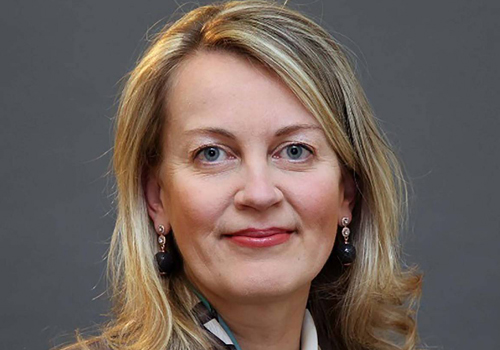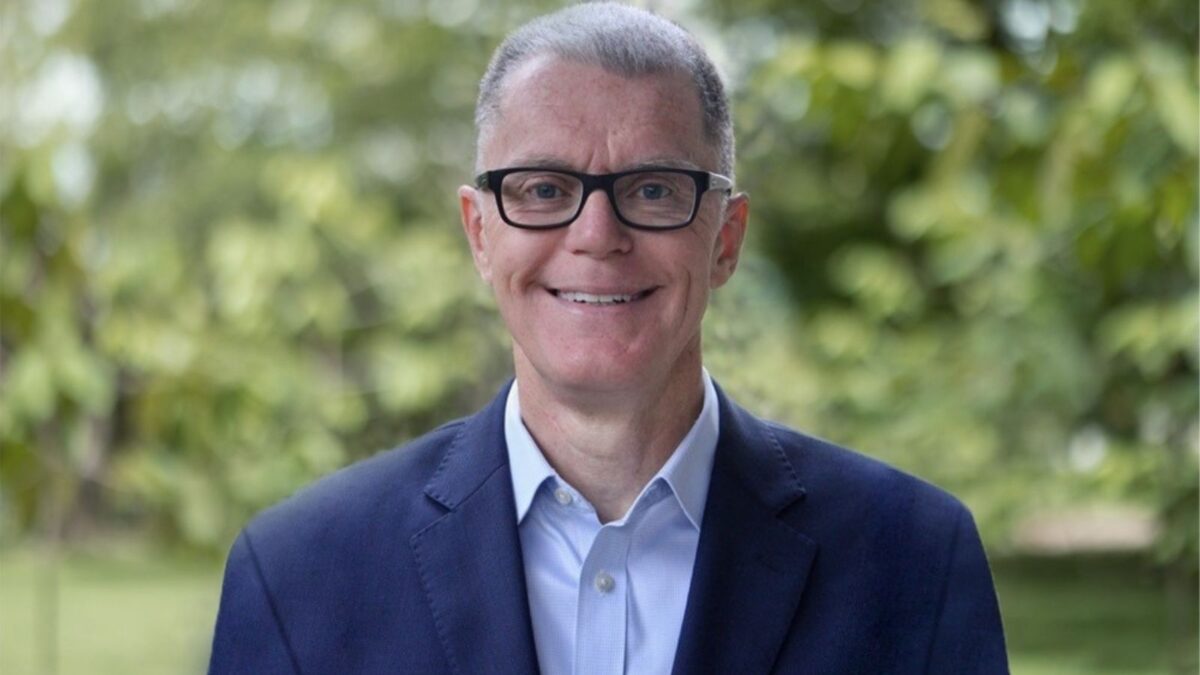… as fees are about to feel the force of disruption
The issue of manager fees, which are still considered by some asset owners to be too high despite several years of compression, under the wider umbrella of general ‘compensation’, is about to get more interesting. We’ve recently seen zero fees. Now, how about ‘negative fees’?
Luba Nikulina, Willis Towers Watson’s global head of manager research, told the Thinking Ahead Institute forum in Sydney last week that the industry was at the beginning of significant change.
Early last year Fidelity announced the first major ‘no-fee’ fund, which attracted significant inflows in a short space of time. Australia, which had been at the forefront of the innovation, already had no-fee strategies from BlackRock, Macquarie and Challenger. “Zero fees have entered our reality,” Nikulina said.
Certain ‘no-fee’ strategies have been offered by investment banks as one-off products over the years. A very early one in Australia was by Swiss Bank (now UBS) which launched a fund called the ‘Mirror’ fund in the 1990s, which mirrored the return of a bond index for no fee. The bank made money by betting against the index with its own active management.
“Why stop at zero fees?” Nikulina asked. “Why not pay asset owners to manage their money?” She said that the strongest incentive for managers which charged ad valorem (standard basis points) fees was to gather more assets to manage, which was not necessarily in the asset owners’ interests.
The Japanese GPIF, the largest pension fund in the world with about US$1.4 trillion in assets as of last year, introduced a new fee structure for the managers of its listed equities. This included a base fee, a “shared payout” for value creation and a mechanism to smooth the payout to the managers over a very long time horizon. A total of 48 of the 50 external managers had agreed to the new arrangement, Nikulina said.
“Successful asset management firms don’t dodge industry realities,” she said. “Book shops, travel agents and taxis still exist, but in very different formats… Coming up with one definitive answer for compensation is beyond anyone, but we have the ability to innovate. It’s about having a sustainable future.”
– G.B.










